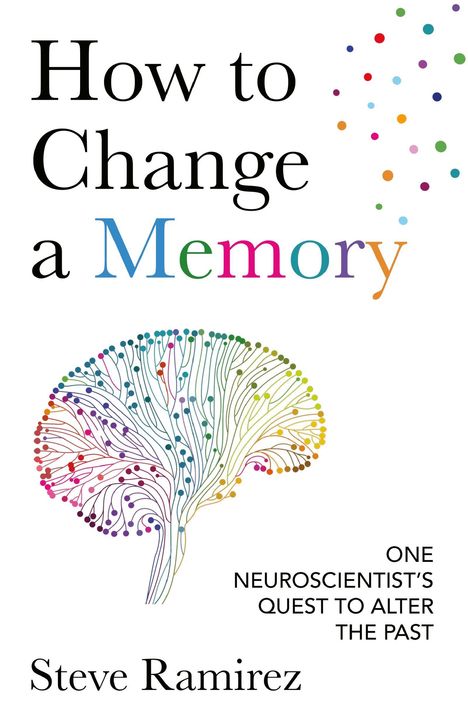Steve Ramirez: How to Change a Memory, Kartoniert / Broschiert
How to Change a Memory
- One Neuroscientist's Quest to Alter the Past
(soweit verfügbar beim Lieferanten)
- Verlag:
- Little, Brown Book Group, 11/2025
- Einband:
- Kartoniert / Broschiert
- Sprache:
- Englisch
- ISBN-13:
- 9781472141743
- Artikelnummer:
- 10368774
- Umfang:
- 256 Seiten
- Gewicht:
- 41 g
- Maße:
- 234 x 153 mm
- Stärke:
- 22 mm
- Erscheinungstermin:
- 6.11.2025
- Hinweis
-
Achtung: Artikel ist nicht in deutscher Sprache!
Weitere Ausgaben von How to Change a Memory |
Preis |
|---|---|
| Buch, Gebunden, Englisch | EUR 28,41* |
Klappentext
A disarmingly personal account of the new science of memory manipulation by one of today's leading pioneers in the field.
As a graduate student at MIT, Steve Ramirez successfully created false memories in the lab. Now, as a neuroscientist working at the frontiers of brain science, he foresees a future where we can replace our negative memories with positive ones. In How to Change a Memory , Ramirez draws on his own memories of friendship, family, loss and recovery to reveal how memory can be turned on and off like a switch, edited and even constructed from nothing.
Scientists discovered that memories are fluid - they change over time, can be deleted, reactivated and even falsely implanted. But if we can erase a deeply traumatic memory, would it change who we are? Ramirez carefully considers the ethics of artificially controlling memory, exploring how we might use this tool responsibly - for both personal healing and the greater good.
A masterful blend of memoir and cutting-edge science, How to Change a Memory explores how neuroscience has reached a critical juncture, where scientists can see the potential of memory manipulation to help people suffering from the debilitating effects of PTSD, anxiety, Alzheimer's, addiction and a host of other neurological and behavioral disorders.
Steve Ramirez has been featured on CNN, NPR and the BBC and in leading publications such as The New York Times , National Geographic , Wired , Forbes , theGuardian , The Economist and Nature. An award-winning neuroscientist who has given TED talks on his groundbreaking work, he is associate professor of psychological and brain sciences at Boston University.


